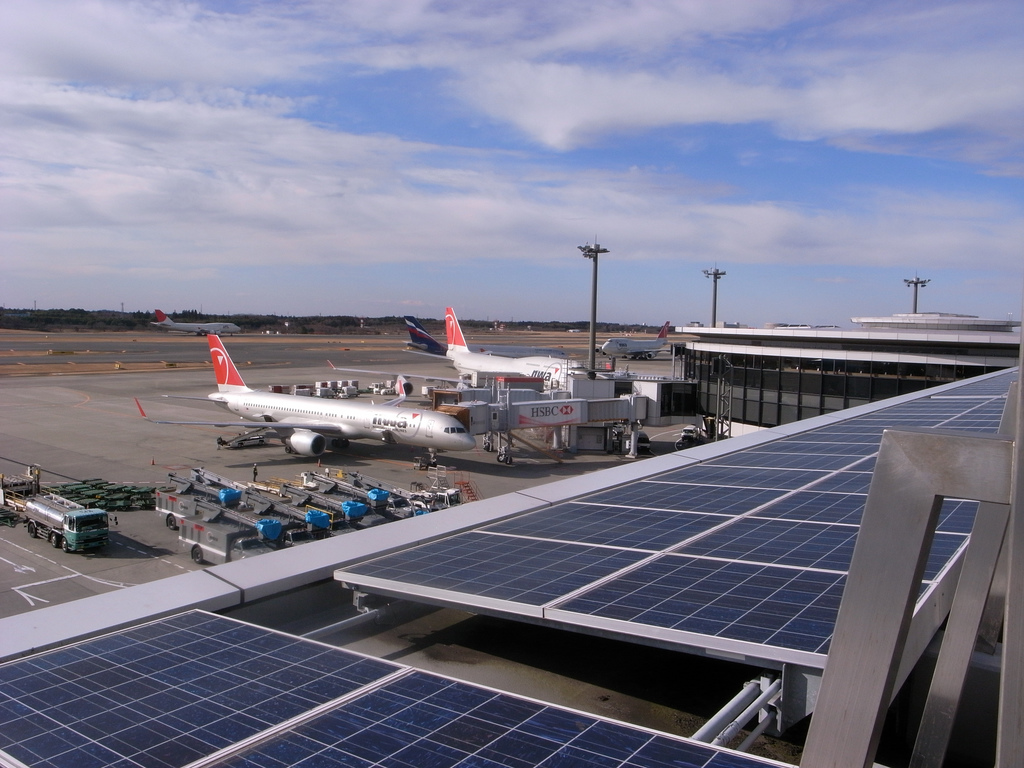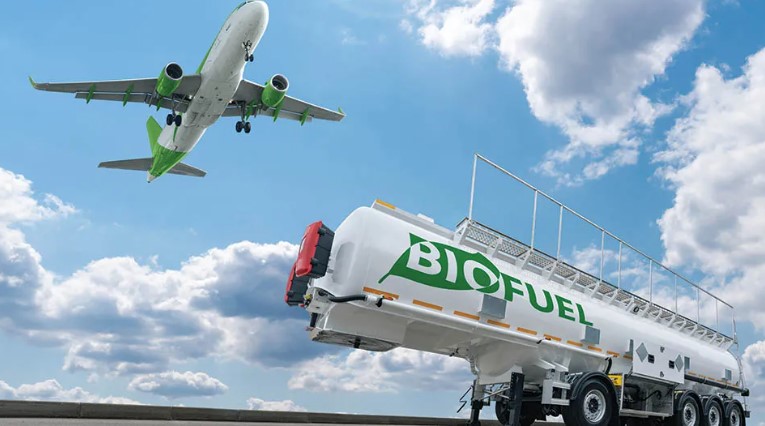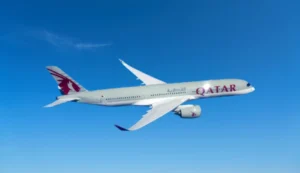Asia-Pacific boosts air transport decarbonization
Airlines across the Asia-Pacific region, including Cathay Pacific, Singapore Airlines, and Vietnam Airlines, are collaborating to enhance the sustainability of the aviation sector. Initiatives include the use of sustainable aviation fuels, reducing single-use plastics, and minimizing waste, highlighting the industry’s commitment to achieving net-zero emissions by 2050.

Photo Source: www.sonomacountysoa.org
Airlines across the Asia-Pacific region are ramping up efforts to enhance the sustainability of the aviation sector, particularly through the adoption of sustainable aviation fuels (SAF). Major rivals Cathay Pacific and Singapore Airlines have signed a memorandum of understanding (MoU) to collaborate on various sustainability measures. This partnership includes joint procurement of SAF and advocacy for its increased use across the region.
Vietnam Airlines has also committed to sustainability by joining IATA’s CO2 Connect platform, which helps airlines accurately quantify carbon emissions per passenger. The airline recently conducted its first flight using SAF, with fuel supplied by Neste’s Singapore refinery. Additionally, Dubai-based Emirates has taken its first SAF shipment in Singapore from Neste, while Air New Zealand has acquired 500,000 liters of SAF produced by EcoCeres in China.
The collaboration between Cathay Pacific and Singapore Airlines was formalized at IATA’s recent annual general meeting in Dubai. Both airlines reaffirmed their commitment to achieving net-zero emissions by 2050. They plan to promote the importance of SAF in cleaner aviation, advocate for supportive policies from Asia-Pacific governments, and call for a global framework to ensure transparent and verified emission reductions from SAF use.
Cathay Pacific and Singapore Airlines also intend to share best practices to reduce single-use plastics, minimize waste, and improve energy efficiency in ground operations. Cathay’s CEO Ronald Lam emphasized the goal of fostering a reliable SAF ecosystem in the region, while Singapore Airlines CEO Goh Choon Phong highlighted the importance of collaborative efforts in achieving sustainability targets.
At the same Dubai meeting, Vietnam Airlines joined IATA’s CO2 Connect project, underscoring its commitment to sustainable development and net-zero emissions by 2050. The CO2 Connect platform standardizes CO2 emissions calculations, enabling airlines and passengers to make informed environmental decisions.
Emirates, meanwhile, has begun using Neste’s SAF in Singapore, marking its first SAF procurement in Asia. This move is part of a broader agreement with Neste and highlights the region’s potential as a leading SAF supplier. Emirates also uses SAF on flights from several European cities and has integrated SAF into fueling systems at its Dubai hub.
Air New Zealand’s acquisition of SAF from EcoCeres is another significant development. The SAF was delivered to Wellington Airport and is sufficient to fuel multiple flights between Wellington and Auckland. Air NZ’s Chief Sustainability and Corporate Affairs Officer, Kiri Hannifin, emphasized the importance of early adoption of SAF to signal readiness to alternative fuel producers.

EcoCeres, a Hong Kong-based renewable energy company, is expanding its SAF production capabilities. Following a substantial investment by Bain Capital, the company plans to open a new plant in Malaysia. EcoCeres is already producing significant quantities of SAF and renewable diesel at its facility in China.
Korean Air is also making strides in sustainability by expanding its cargo SAF program through a new partnership with global logistics company CEVA. This collaboration aims to promote decarbonization and develop new solutions for reducing carbon emissions in air freight and the global supply chain.
These collective efforts by airlines across the Asia-Pacific region demonstrate a strong commitment to sustainable aviation and highlight the importance of industry-wide collaboration to achieve long-term decarbonization goals.






